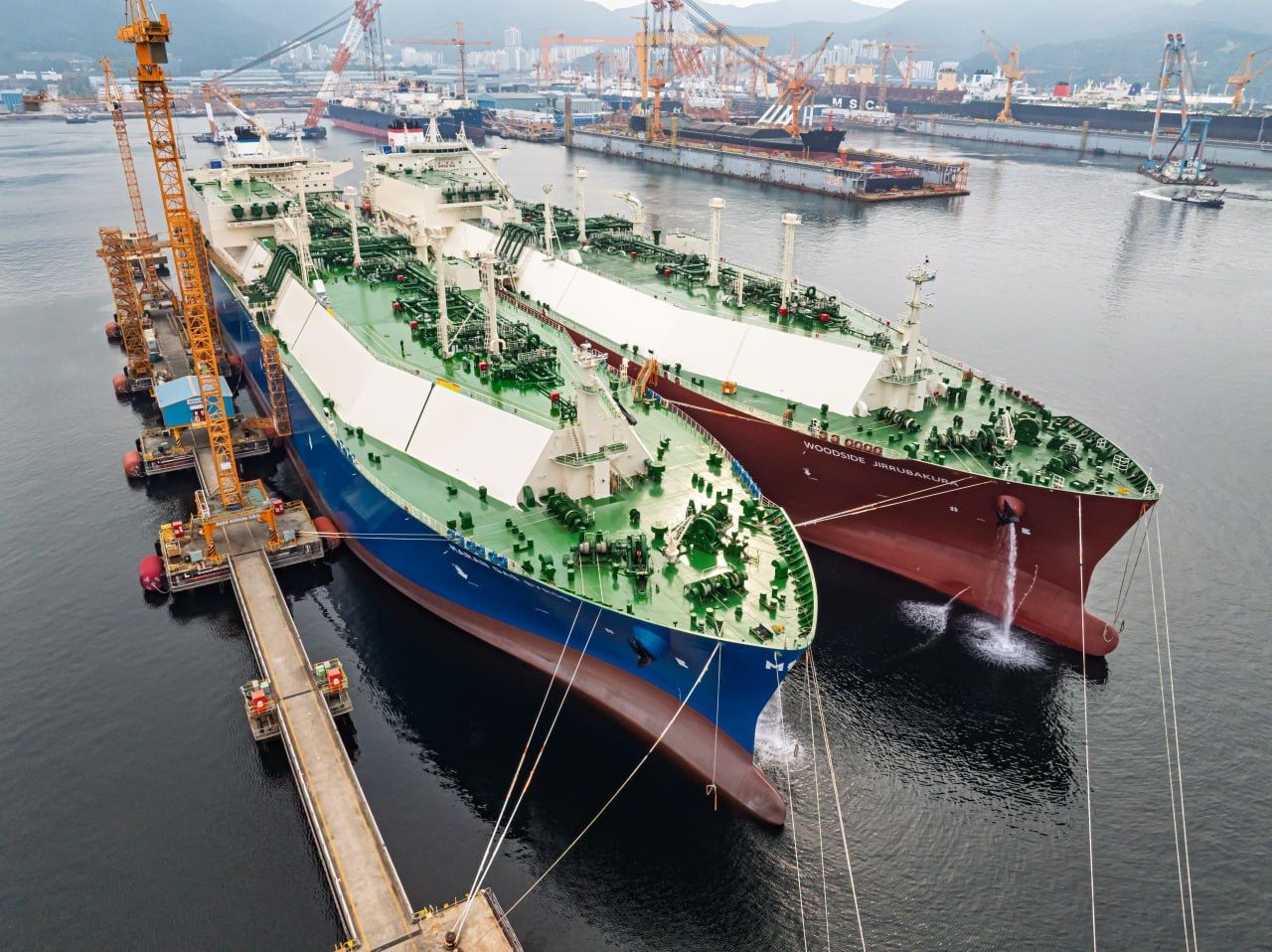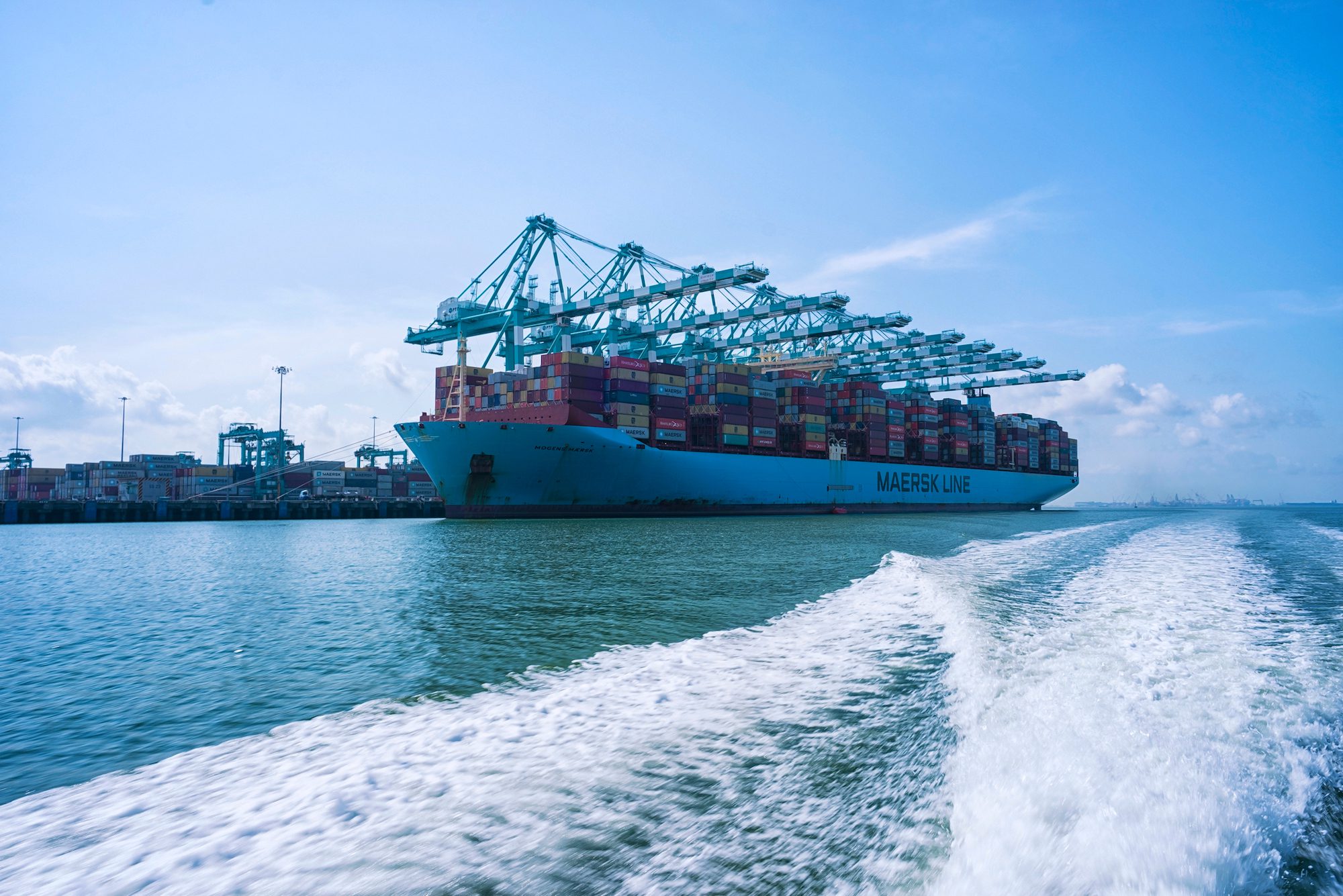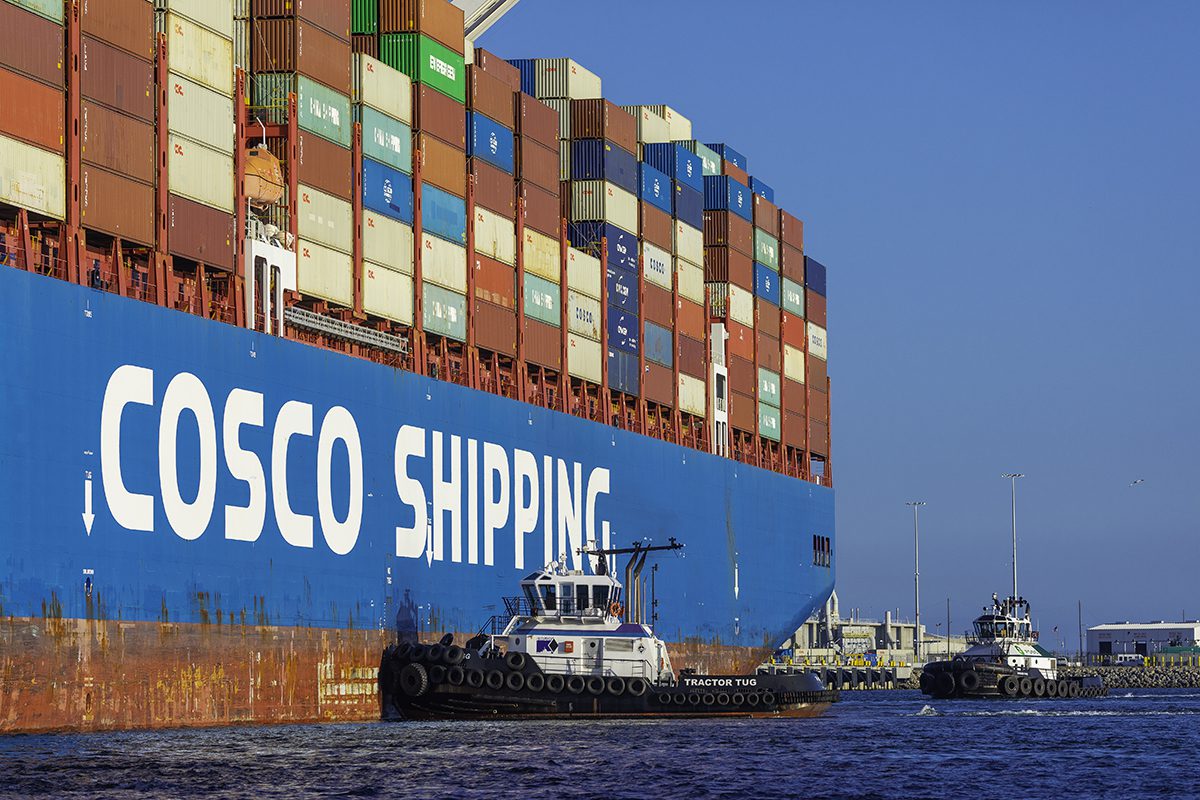
(Bloomberg) — Deutsche Bank AG and two other German lenders providing about 14 percent of credit to ship owners are forgoing seizing vessels even after soured loans to the industry rose to a record.
Europe’s biggest bank by assets, as well as HSH Nordbank AG, the largest in the market, and Norddeutsche Landesbank Girozentrale, which finances 1,500 ships, are restructuring loans and setting money aside instead of repossessing vessels, officials from the companies said. They have about $69 billion in loans to the industry out of $500 billion in total, according to data compiled by the banks and Petrofin Research SA, an Athens-based consultant.
Owners from Denmark to Indonesia defaulted in the past year, while U.S. tanker company Overseas Shipholding Group Inc. sought bankruptcy protection and ship earnings fell to a record last month. An unprecedented $80 billion out of $125 billion of German loans to the industry aren’t performing as they should, estimates Paul Slater, chairman of Naples, Florida-based ship- finance consultant First International Corp.
“We have to ride out the storm,” Oliver Faak, head of shipping at Hanover-based Norddeutsche Landesbank, said by phone Feb. 25. “There’s no use selling, as this floods the market with ships. We have to protect their values so banks don’t realize a loss at the low of the market.”
NordLB, as the lender is known, won’t foreclose even if ships are worth less than the outstanding debt and owners can’t meet repayments, he said. The bank has lent owners 18 billion euros ($23.5 billion), including 7 billion euros from subsidiary Bremer Landesbank. NordLB set aside 352 million euros for the first nine months of last year, primarily relating to shipping.
Better Than Losses
“We try to take a long-term view as well, as we try to avoid losses,” Christian Nieswandt, global head of shipping for HSH Nordbank’s domestic clients, said at an industry conference in Hamburg on Feb. 21. “Loss provision is much better in our book than a realized loss. As long as we think that the potential loss on the project will not widen in the foreseeable future, we stick to the project.”
HSH Nordbank has shipping loans of 29 billion euros covering about 2,800 vessels, according to Nieswandt. It set aside 458 million euros in net loan-loss provisions in the third quarter, the “lion’s share” relating to shipping, the company said in December.
Earnings Collapse
Deutsche Bank had 5.8 billion euros in loans to shipping as of March 2012, according to a statement at the time. Foreclosing on a loan is a last resort, global co-head of shipping Ralf Bedranowsky said at the conference. About 30 percent of the bank’s maritime loans are to domestic clients, he said.
Deutsche Bank doesn’t specify loan loss provisions from the industry, spokesman Ronald Weichert said by phone Feb. 26.
The ClarkSea Index, a measure of earnings from all ships, fell to $7,111 a day in the week ended Feb. 22, the lowest since Clarkson Plc, the world’s largest shipbroker, began compiling the price 23 years ago. The largest oil tankers hauling 2 million-barrel cargoes of crude cost $54.2 million in the secondhand market, 68 percent less than their peak in 2008, according to data from the Baltic Exchange in London. Capesize vessels hauling 90 percent of the world’s iron ore cost $29.6 million, compared with $153.8 million five years ago.
The top 10 banks in Germany have 98 billion euros ($128 billion) of shipping loans outstanding, Moody’s Investors Service said in a report in October. That compares with German banks’ $75.3 billion in bonds and loans to the public sectors of Portugal, Italy, Ireland, Greece and Spain as of the third quarter, according to Bank for International Settlements data compiled by Bloomberg Industries.
Balloon Payments
Shipowners with loans maturing to HSH Nordbank have been unable to make the final, or balloon, payments since the start of 2011, Nieswandt said.
Banks loaned a record $129.2 billion in 2007 and supplied 75 percent of capital raised that year to fund purchasing of new and secondhand ships, according to Marine Money International, a Stamford, Connecticut-based publisher and researcher. An estimated $114.9 billion was raised by banks the following year, the second-highest. That declined to $34.2 billion in the first nine months of 2012.
Banks need to tackle the loans, said Slater of First International, whose experience in ship finance spans 40 years. The concentration of bad debts amassed by the German lenders is the biggest in one region in history, he said.
“In some of these portfolios, there’s more debt out there by a long way than the actual value of the assets,” he said at the event. “The ships aren’t going to get any more valuable.”
– Michelle Wiese Bockmann, Copyright 2013 Bloomberg.

 Join The Club
Join The Club











